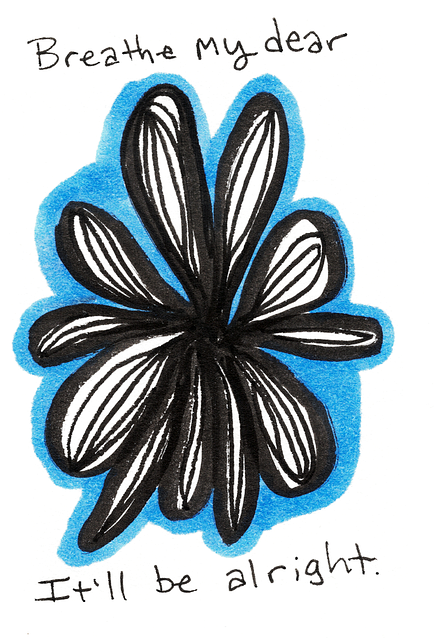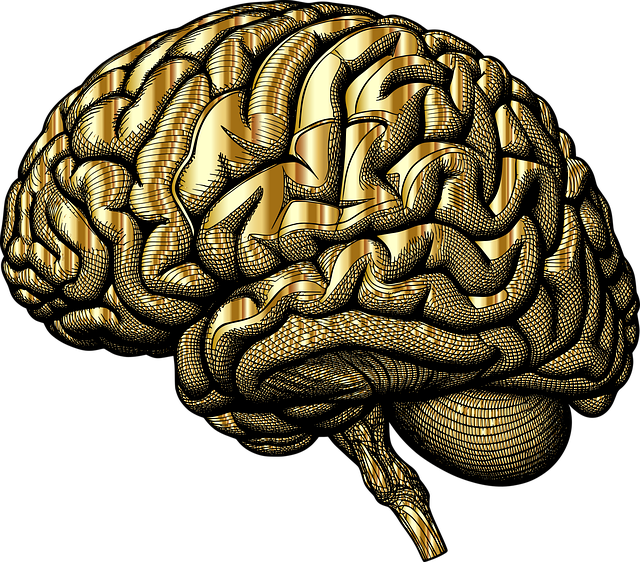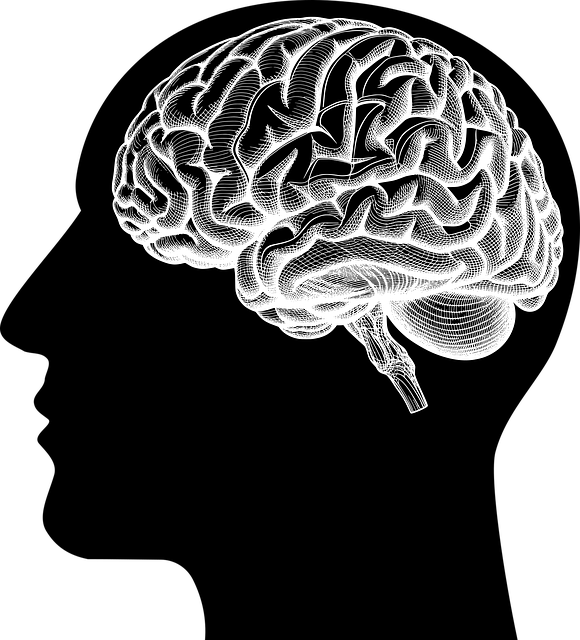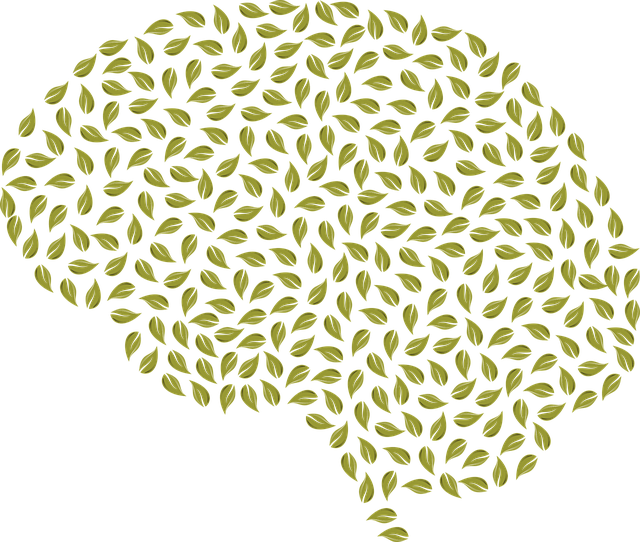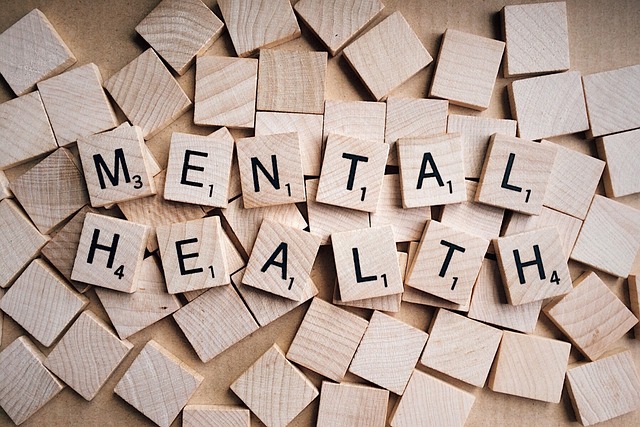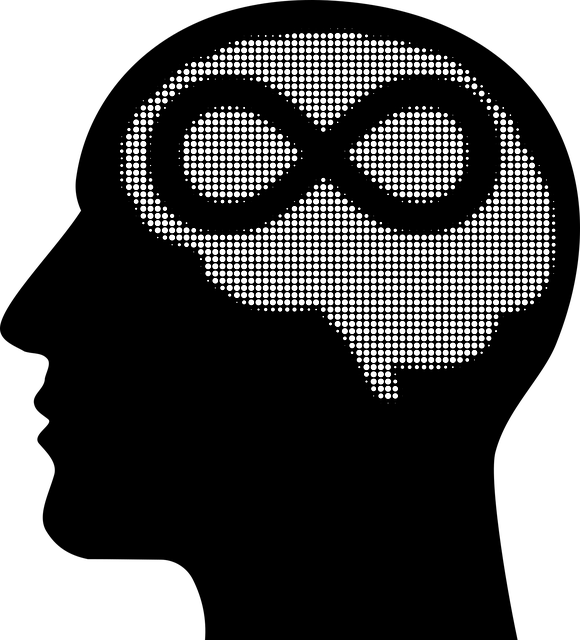Social skills development is a key component of holistic treatment for Boulder Adjustment Disorder (BAD), addressing isolation and exacerbating mental health conditions like anxiety and depression. Specialized BAD therapy, incorporating social skills training and mindfulness practices, teaches effective coping strategies to navigate interpersonal interactions. Cultural sensitivity ensures tailored interventions respectful of individual backgrounds. Additionally, mental wellness journaling, stress management workshops, and peer support groups enhance self-awareness, emotional regulation, and community connection, significantly improving overall mental well-being for BAD sufferers.
Social skills training is a powerful tool for managing mental health conditions, offering individuals the chance to navigate social situations with confidence. This article explores the intricate relationship between social abilities and mental well-being, delving into specific challenges like Boulder Adjustment Disorder (BAD). We present effective strategies, including targeted therapy approaches, such as BAD Therapy, to enhance interaction and communication. Additionally, we discuss building supportive networks, highlighting the significance of peer connections in fostering resilience and overall mental health.
- Understanding Social Skills and Their Impact on Mental Health
- Identifying Challenges: When Social Situations Become Difficult
- Boulder Adjustment Disorder Therapy: A Targeted Approach
- Strategies for Enhancing Social Interaction and Communication
- Building a Supportive Network: Peer Connections and Beyond
Understanding Social Skills and Their Impact on Mental Health

Social skills are a crucial aspect of human interaction and play a significant role in our overall well-being, especially for individuals managing mental health conditions. In the context of Boulder Adjustment Disorder Therapy (BADT), understanding social skills becomes integral to comprehensive treatment. BADT aims to address the challenges faced by individuals adjusting to significant life changes or traumatic events, and improving social skills can be a game-changer in their recovery journey.
The impact of poor social skills on mental health is profound. For instance, those struggling with anxiety disorders might find social interactions overwhelming, leading to avoidance behaviors and further isolation. Similarly, individuals with depression often experience difficulties in connecting with others, which can exacerbate their symptoms. Mental Health Policy Analysis and Advocacy highlights the importance of addressing these unmet social needs as part of holistic mental healthcare. Coping Skills Development is another key area where training can empower individuals to navigate social situations more effectively, fostering a sense of belonging and improving overall mental resilience. Cultural Sensitivity in Mental Healthcare Practice is also essential, ensuring that social skills training is tailored to diverse backgrounds, respecting individual experiences and beliefs.
Identifying Challenges: When Social Situations Become Difficult

Many individuals with mental health conditions, such as those struggling with Boulder Adjustment Disorder, face challenges when it comes to social interactions. What may seem like simple tasks in everyday conversations can become daunting obstacles. This is often due to symptoms like anxiety, depression, or difficulty regulating emotions, which can significantly impact one’s ability to navigate social situations comfortably. These challenges might manifest as avoidance of social gatherings, struggles in maintaining relationships, or feelings of intense discomfort in crowds, all of which can further isolate individuals and exacerbate their conditions.
Social skills training becomes a crucial component of therapy for such cases. Through specialized programs, clients learn coping mechanisms tailored to their unique needs. Compassion cultivation practices, for instance, teach individuals to respond with kindness and understanding towards themselves and others, fostering an environment conducive to emotional healing processes. Additionally, confidence-boosting techniques help them navigate social cues and engage in meaningful conversations, gradually reducing the fear and anxiety associated with these situations.
Boulder Adjustment Disorder Therapy: A Targeted Approach

Boulder Adjustment Disorder Therapy (BADT) is a targeted approach designed to help individuals coping with mental health conditions improve their social skills and adaptability. This therapy focuses on teaching clients effective strategies to navigate interpersonal interactions, manage stress, and cope with environmental changes. By combining elements of cognitive-behavioral therapy and mindfulness practices, BADT helps individuals build resilience and enhance their overall well-being.
One key aspect of BADT is its emphasis on cultural sensitivity in mental healthcare practice. Recognizing that social norms and expectations vary across different cultures, the approach tailors interventions to respect individual backgrounds and beliefs. This inclusive strategy not only fosters a safe and supportive environment but also ensures that Social Skills Training components are culturally relevant and accessible. Additionally, BADT integrates Stress Management techniques to empower clients with tools to recognize and regulate their emotional responses in various social settings, further enhancing their ability to engage and connect with others.
Strategies for Enhancing Social Interaction and Communication

Social interaction and communication are vital components of mental health and wellness. For individuals navigating conditions like Boulder Adjustment Disorder, structured strategies can significantly enhance their ability to connect with others. One effective approach is mental wellness journaling, where individuals can reflect on social encounters, process emotions, and identify areas for improvement. This introspective practice encourages self-awareness exercises, helping individuals understand their reactions and triggers in various social settings.
Additionally, stress management workshops offer valuable guidance on navigating conversations and building connections. These workshops teach practical techniques to manage anxiety during social interactions, fostering a sense of comfort and control. By participating in structured activities and receiving tailored Boulder Adjustment Disorder therapy, individuals can develop the skills necessary for meaningful communication, ultimately enhancing their overall mental wellness.
Building a Supportive Network: Peer Connections and Beyond

Building a supportive network is a crucial aspect of managing mental health conditions, particularly those like Adjustment Disorder that often require long-term care. Peer connections play a significant role in this process, providing individuals with a sense of belonging and understanding they may not find elsewhere. Support groups, both online and in person, offer safe spaces to share experiences, gain insights, and receive encouragement from others facing similar challenges. This fosters self-awareness exercises that help individuals navigate their emotions and behaviors more effectively.
Beyond peer connections, the broader community also plays a vital role in fostering mental health resilience. Public awareness campaigns and crisis intervention guidance can reduce stigma and promote early identification of symptoms, encouraging those affected to seek appropriate Boulder Adjustment Disorder therapy. By integrating these various support systems, individuals can better adjust to their conditions, enhance their coping mechanisms, and ultimately lead more fulfilling lives.
Social skills training plays a pivotal role in managing mental health conditions, offering individuals valuable tools to navigate social interactions with confidence. As discussed, understanding the impact of social abilities on overall well-being is essential, especially for conditions like Boulder Adjustment Disorder. By identifying challenges and employing targeted therapies, such as Boulder Adjustment Disorder Therapy, individuals can improve their communication and interaction skills. Through strategic interventions and building supportive networks, those facing mental health struggles can foster healthier relationships and lead more fulfilling lives.





